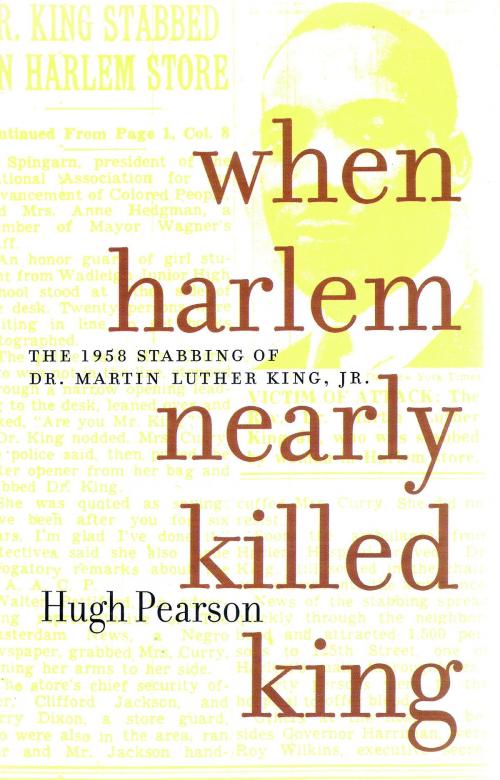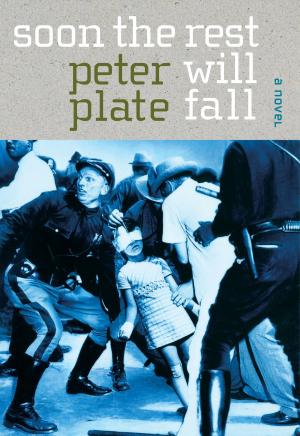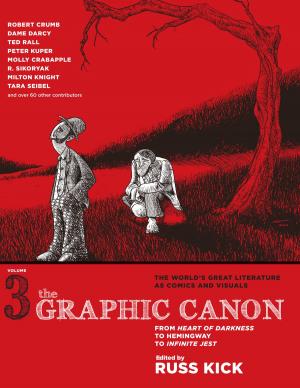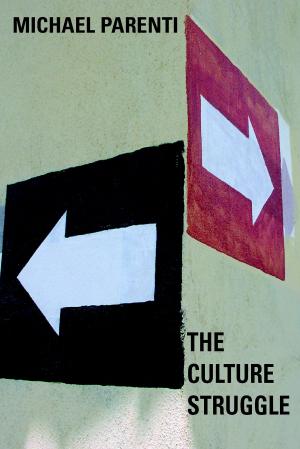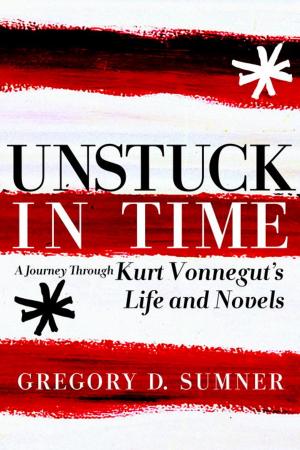When Harlem Nearly Killed King
The 1958 Stabbing of Dr. Martin Luther King Jr.
Nonfiction, Social & Cultural Studies, Social Science, Cultural Studies, African-American Studies, History, Americas, United States, 20th Century, Biography & Memoir, Political| Author: | Hugh Pearson | ISBN: | 9781609803216 |
| Publisher: | Seven Stories Press | Publication: | January 4, 2011 |
| Imprint: | Seven Stories Press | Language: | English |
| Author: | Hugh Pearson |
| ISBN: | 9781609803216 |
| Publisher: | Seven Stories Press |
| Publication: | January 4, 2011 |
| Imprint: | Seven Stories Press |
| Language: | English |
When Harlem Nearly Killed King spins the tale of a little-known episode in the life of Dr. Martin Luther King, Jr. how, in 1958, King was stabbed by a deranged black woman in Harlem, and then saved by Harlem Hospital's most acclaimed African-American surgeon, using a little known and difficult procedure.
Pearson recreates America at the dawn of the civil rights movement, and in so doing probes and examines the living body politic of the nation, black and white, and shows us how change really occurs: painfully, not in one grand gesture, but in a thousand small and contradictory ways.
As the story of When Harlem Nearly Killed King unfolds, it offers up surprising truths: how Harlem’s leading black bookseller was snubbed by King and his entourage in favor of a Jewish-owned department store; and how the acclaimed surgeon seems not to have been the doctor responsible for the surgery. As truths and apocrypha clash in these pages, what emerges is a powerful picture of change in race perspectives in America, and how such change really occurs — reminding us today that race in America is still unfinished business.
When Harlem Nearly Killed King spins the tale of a little-known episode in the life of Dr. Martin Luther King, Jr. how, in 1958, King was stabbed by a deranged black woman in Harlem, and then saved by Harlem Hospital's most acclaimed African-American surgeon, using a little known and difficult procedure.
Pearson recreates America at the dawn of the civil rights movement, and in so doing probes and examines the living body politic of the nation, black and white, and shows us how change really occurs: painfully, not in one grand gesture, but in a thousand small and contradictory ways.
As the story of When Harlem Nearly Killed King unfolds, it offers up surprising truths: how Harlem’s leading black bookseller was snubbed by King and his entourage in favor of a Jewish-owned department store; and how the acclaimed surgeon seems not to have been the doctor responsible for the surgery. As truths and apocrypha clash in these pages, what emerges is a powerful picture of change in race perspectives in America, and how such change really occurs — reminding us today that race in America is still unfinished business.
